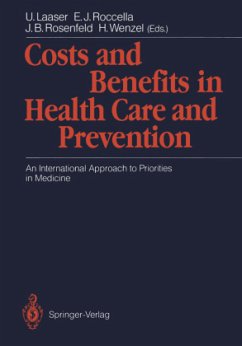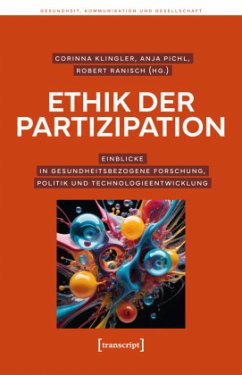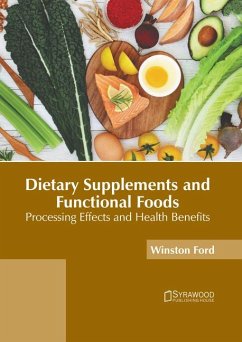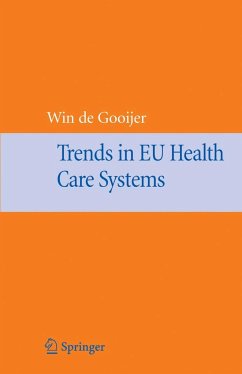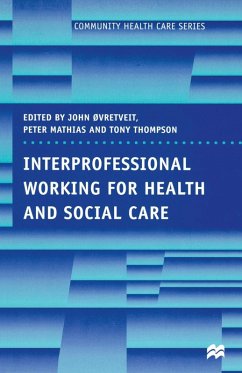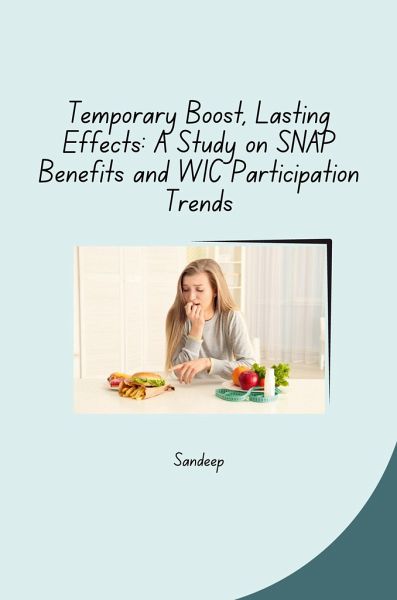
Temporary Boost, Lasting Effects: A Study on SNAP Benefits and WIC Participation Trends
Versandkostenfrei!
Versandfertig in 6-10 Tagen
28,49 €
inkl. MwSt.

PAYBACK Punkte
0 °P sammeln!
Food insecurity is a significant challenge in the United States, disproportionately impacting low-income households. The USDA's SNAP and WIC programs play a vital role in ensuring access to nutritious food for millions of Americans. SNAP provides monthly benefits for purchasing food at authorized retailers, while WIC offers vouchers for specific nutritious foods like fruits, vegetables, and milk, along with nutrition education and breastfeeding support for pregnant women, new mothers, and young children.This study investigates the potential link between temporary SNAP benefit enhancements, oft...
Food insecurity is a significant challenge in the United States, disproportionately impacting low-income households. The USDA's SNAP and WIC programs play a vital role in ensuring access to nutritious food for millions of Americans. SNAP provides monthly benefits for purchasing food at authorized retailers, while WIC offers vouchers for specific nutritious foods like fruits, vegetables, and milk, along with nutrition education and breastfeeding support for pregnant women, new mothers, and young children.This study investigates the potential link between temporary SNAP benefit enhancements, often implemented during economic recessions or crises, and long-term WIC participation patterns. We hypothesize that periods of increased SNAP allotments might lead to a decrease in WIC program enrollment or vice versa.






